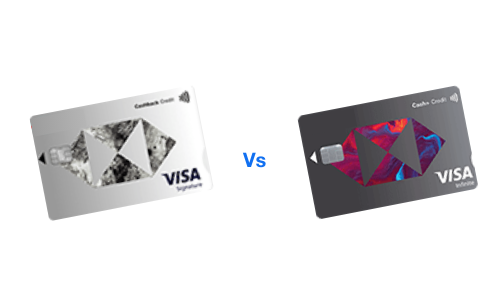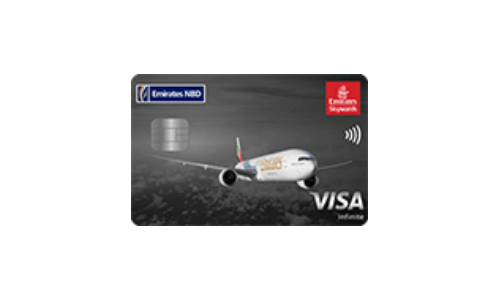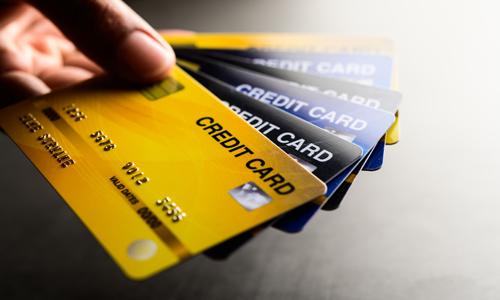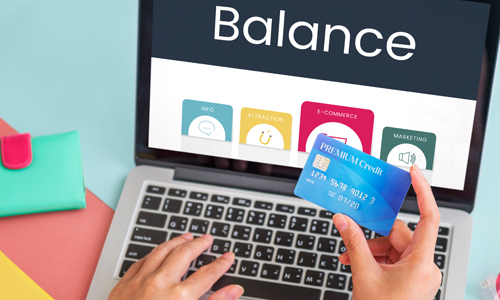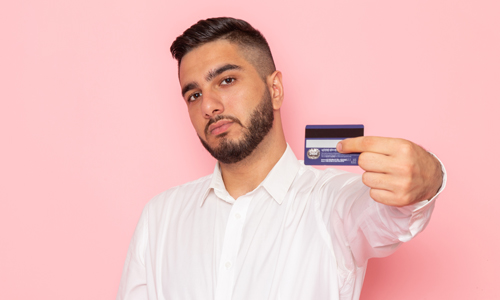Like to Swipe! But Do You Know Credit Cards Work?

The verdict is that plastic cards have made life much easier. Plastic cards include debit cards as well as credit cards. When you compare credit cards with debit cards, credit cards are more convenient for a lot of people across the globe. It gives them the freedom of making purchases on credit both online and offline.
How the Credit Card Works?
People can save a lot of money in the form of cashback. Some credit cards provide the benefit of the value back on every spend put on the card. You must have also heard some people talk about their vacations abroad which they could manage with the help the travel rewards offered by their travel credit card. Typically, credit cards reward the credit cardholder in the form of deals and offers and discounts for the spend put on the credit card
Read on to know how credit cards work:
- A credit card can be considered to be a short-term loan from a card provider. When you compare credit cards with debit cards, the major difference is that in the case of debit cards, the money is spent yours. It means that you have already deposited money in your account that you can later spend using a debit card. In case of credit cards, the issuer’s money is spent and is billed to you later.
- Using credit cards responsibly can help you to stay safe against online frauds and phishing. Additionally, it will help you to build a good credit Score because all your transactions are reported to the credit bureaus. A good credit history comes in handy when you apply for a job, loans or an apartment. Long story short, with the help of a credit card, you get access to a particular credit limit. By the end of each billing cycle, you will have to pay your outstanding bill.
- There is a wide variety of credit cards available for you to choose from. These different cards may vary depending upon the charges they levy and benefits they provide. In case you are looking for the best credit card to buy, you can compare various credit cards based on various parameters such as features, benefits, eligibility criteria, charges etc.
In case you don’t have any credit card and you want to opt for one, here are a few credit card terminologies that you ought to know.
Common Credit Card Terminologies
Listed below are some general terminologies related to credit cards:
1. Balance
Also known as credit card debt, balance is the amount of debt the credit card holder has already spent using the card. It is an outstanding balance that they will have to pay.
2. Billing Cycle
The billing cycle is the period of time during which credit card holder can spend money or make purchases as per their credit limit. After the end of this period, the bill will be generated that they will have to pay before the due date.
3. Available Credit
Available credit is the amount of money credit card holder can spend before they reach the credit limit.
4. Credit Limit
The credit limit is the amount of money that a credit card holder can spend using their card. The higher their income is, the higher their credit limit will be.
5. Statement Due Date
This is the date mentioned on the credit card statement, by which credit card holder should pay at least the minimum payment. Otherwise, they will have to pay additional charges.
6. Minimum Payment
Minimum payment is a small percentage of the entire balance of the credit card. It is the amount of the bill which they must pay every month. If the amount is not paid by the due date, then a late fee can be charged by the credit card provider. While the credit card holder must pay the minimum amount, it is advised to pay to pay the full statement balance so that they don’t have to pay high-interest charges.

Interest Charges on Credit Card
Credit cards generally charge high charges and fees from the credit card holder. When they pay only the minimum payment, they still have to pay the interest no matter how much outstanding balance they have paid. The credit card provider charges interest on the total balance despite receiving the payment of the minimum balance. This interest can be avoided if the credit card holder pays the full balance on their card.
Over to you
In order to buy the best credit card, you must compare various credit cards and choose the most suitable one. Once the card provider is chosen, you can complete the application on their website. You will have to enter some basic information including your income and official identification details. The issuer will check your reports and credit score. If you meet the eligibility criteria, your application will be approved. If you don’t, your application will be denied.
More From Credit Cards
- Recent Articles
- Popular Articles







